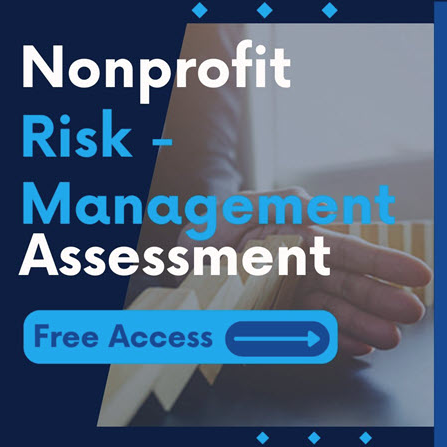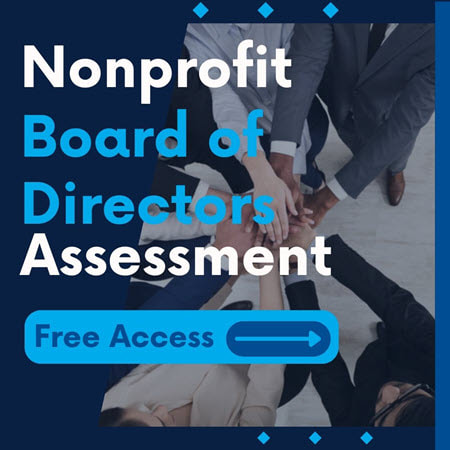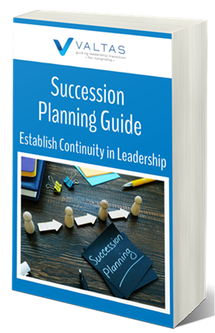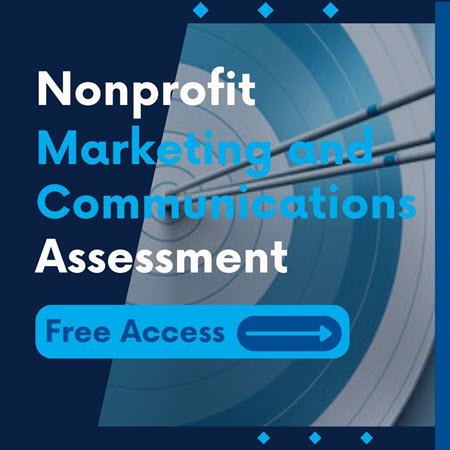THE LATEST FROM VALTASNews, updates, and stories to keep you in the know.
|
|
Once upon a time, you would ask a person what they did for a living and they would likely tell you they were in sales. Or marketing. Or accounting. Or technology. Or one of several other common, easily-identifiable career categories. These days? Well, thanks to the increased “consumerization” of the labor market and the resulting hyper-specialization of most job functions, it is hard to find people who fit these generalized career boxes any longer. And if they do — or more importantly if YOU do — it might be time to rethink your career brand and update how you are marketing yourself, professionally. As author Penelope Trunk remarked all the way back in 2007, “being a generalist means being good at nothing and headed for long-term unemployment. Generalist is the label for a career that will die.” Harsh words, for sure, but I do not think they are that far off the mark. Take the marketing field, for example. Compared to the pre-millennium days when a person could just be “in marketing” in a general sense, there are now dozens (hundreds?) of specialized niches within the profession — including content marketing, cause marketing, trade marketing, field marketing, product marketing, demand marketing, experiential marketing, and partner marketing (to mention just a few) — in addition to a bevy of quirky new non-marketing titles such as Lead Generation Specialist, Customer Acquisition Manager, Customer Insights Leader, and so on and so forth. Right or wrong, companies do not seem to be hiring people based on potential or looking for people who can wear a lot of different hats anymore. They are looking for expert problem-solvers who have a track record of working on and resolving the exact issues/problems their company is wrestling with — with a minimal learning curve — and the advertisements they are putting out there reflect this, convincingly. So where does that leave the average job hunter? Or somebody who truly does not feel they have a specialized career focus? Well, short of embarking on a complete reinvention of yourself to acquire some hot new specialized skills, there are several ways you can “fake it ’til you make it” and promote yourself in a way that is more aligned to the new world of work. Ideas along these lines would be: Do not use a one-size-fits-all resume. Craft multiple targeted resume versions, aimed at each distinct category of job you might be pursuing, making sure each one is focused strictly on that one area and loaded with the latest language/keywords related to that niche. For example, somebody who has been a traditional IT Manager over the years might craft three distinctly different resumes for Technical Support Manager, IT Operations & Infrastructure Manager, and Cybersecurity Specialist positions if they had sufficient skills and experience to share in each of these specific areas. Articulate the specific problems you can solve. As opposed to just relying on your credentials to speak for themselves, try to focus your networking and interviewing conversations around discussing specific real-world issues you can handle for employers — and showing your understanding of the niche challenges companies today are facing — since this will automatically make you seem more current, focused, and specialized. It will also make you stand out from the many more passive, reactive job hunters who rest on the laurels of their resume alone and project an “I don’t really know or care what your problems are but hire me and I’m sure I can figure things out” attitude. Update your vocabulary. As silly as it seems, I think a great deal of the job market today (as well as the issue of age bias) revolves around whether candidates utilize the latest, greatest terminology in each field. If you are out of touch with the current nomenclature in your industry, in other words, it will probably be assumed your skills are out of date, as well. So, if you’ve been heads-down and haven’t really done much reading or research in your field lately, it’s time to get caught up and figure out what new keywords have emerged related to your line of work. The marketing candidate who talks about consumer experience, customer insights, omni-channel campaign execution, and corporate storytelling is going to get taken much more seriously, in most cases, than the person who simply states they do “marketing management” on their resume and calls it a day. Avoid overuse of “soft skill” language and cliches. While there is no question that problem-solvers, strategic thinkers, and consummate team players are valuable to organizations, many job hunters today hurt their odds of success by focusing their self-promotion efforts around these amorphous and shopworn concepts — versus showcasing the more specific skills, knowledge areas, and technologies that employers today are craving. Not only are soft skills too commonplace to have much appeal or economic value to employers (how many people in a room of job hunters would say they are results-oriented, in other words?) but they’re also impossible to truly measure, at least up front, so tend to take a back seat in the hiring process to more specific skills like writing press releases, testing software, evaluating vendor quality, running Monte Carlo simulations, or the like. So do your best to emphasize your more concrete capabilities and the things only one out of a hundred people in a room could probably offer, versus things that would get most hands raised in a room of applicants. Embrace the concept of lifelong learning. As the pace of change has sped up in the business world, employers are finding themselves tasked with solving new and unfamiliar problems daily — and as a result, the toolbox of competencies demanded by job candidates is evolving more rapidly, as well. As a result, career-minded professionals today need to pay close attention to the changing dynamics in their field and engage in the formal education or self-study needed to ensure they do not get left behind. Additionally, by exposing oneself to regular learning opportunities, you might identify an emerging niche in your field that is going to be red-hot in the next few years — or uncover an aspect of your field you enjoy doing more than anything else — and can then start to maneuver yourself into becoming an expert in this area, leaving your less-marketable “generalist” identity behind. By way of example, one product manager I knew was not having a lot of success with his search until he realized the favorite part of the work he did was helping companies determine the pricing for their products, which is a very specialized and challenging issue companies face today. With a few tweaks to his resume and LinkedIn profile, emphasizing this pricing angle, he suddenly started seeing a lot more interest in his credentials and ended up parlaying this specialized focus into a thriving consulting practice! All make sense. Again, while the transformation of the job market over the last few decades has taken place in a boil-the-frog sort of way, there’s no question that specialists are now ruling the roost and that folks who are jacks- and jills-of-all trades will continue to find it tough going in today’s competitive labor marketplace. If you are one of these people, however, all is not lost. Much of this trend comes down to perception, versus reality, and by using the above techniques you can likely make yourself seem a lot more specialized to employers than might be the case. It just takes a mindset change and a bit of resume wizardry. Long story short, just keep repeating this mantra until it sticks: “You are not a generalist – you are a multi-specialist!” ABOUT THE AUTHOR
To date, Matthew Youngquist has assisted more than 12,500 individuals through the job-hunting process, ranging from new college grads to Fortune 500 executives by providing expert and objective advice on how individuals can clarify their occupational goals, promote their talents more effectively, and navigate successfully through the confusing peaks and valleys of the career transition process.
3/8/2021 10:17:05 am
In general, I agree with your comments about what employers want - specialization or multi-specialization. And yet I am reading the book "Range" by David Epstein and he makes a compelling case about the value of generalists. I agree that it's hard to translate Epstein's message immediately to a job-search strategy. Perhaps multi-specialization is the best marketing strategy for a job seeker. 6/23/2021 08:45:43 am
"Forget about being a generalist: Be a polymath." Great saying, when you are a multi-specialist, it is difficult to become an unemployed person. Comments are closed.
|
THE LATEST FROM VALTAS
You are welcome to subscribe to get the latest news, updates and insights from our team. Subscribe:Ask Valtas!Categories
All
Archives
July 2024
|








 RSS Feed
RSS Feed
